Member Directory,
1847 - 1922
Adolph W. Callisen
Teacher
Centurion, 1888–1940
Edward L. Henry and John H. Gourlie
New York (Manhattan), New York
New York (Staten Island), New York
Age thirty-one
Brooklyn, New York
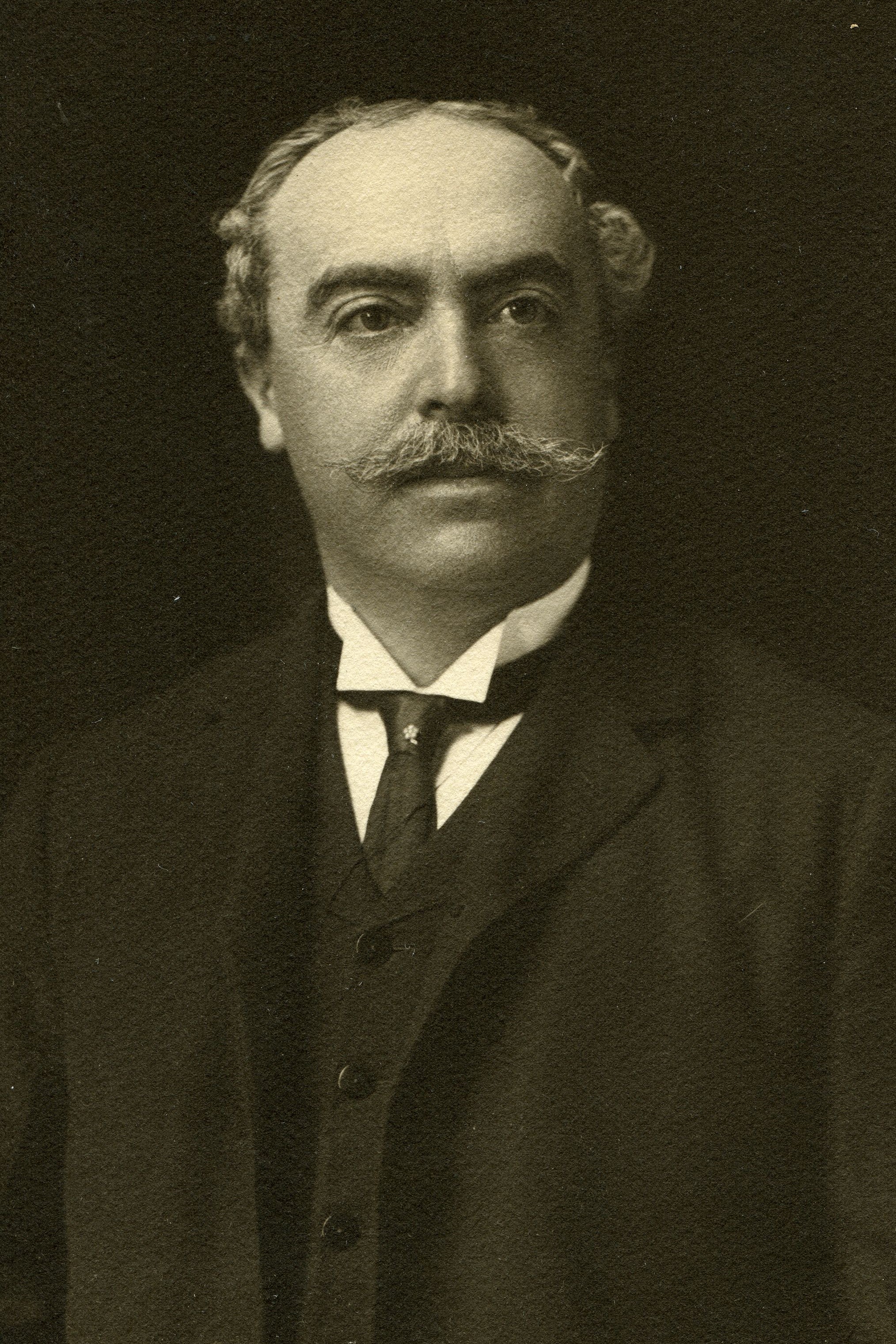
Century Memorial
Born in Manhattan of Danish ancestry, educated at Columbia, Heidelberg, and Kiel, Adolph William Callisen succeeded his father as principal of “Dr. Callisen’s School for Young Gentlemen,” which was attended by Henry de Forest Baldwin, Rudolph H. Kissel, and many other New Yorkers. Later he was headmaster of the Berkeley School.
For many years he lived on Staten Island, whose history and natural history fascinated him. He was a founder of the Belles Lettres Society of the Staten Island Institute of Arts and Sciences. In a memorial the Society describes its beloved “Uncle Toby” as “a cultured man of letters and an artist both in words and color, endowed with a broad humanity, an ever present sense of humor, and an unusual gift of portrayal in the form of story, essay, translation, poem, and picture.”
Among the many papers which he read and published, often under the pen name “Uncle Toby,” may be mentioned “Washington—his Education and Religion.” “African Slavery on Staten Island,” “Traces in Snow,” “Staten Island Turtles,” and “The First White House” in Cherry Street, New York. Among his other varied interests was the National Guard, in which he served for fourteen years. In the picture of this active career belongs also the fact that Callisen went to sea as a youth, serving before the mast. He was for fifty-two years a member of the Century.
Geoffrey Parsons
1940 Century Memorials
Related Members
Member Directory Home-
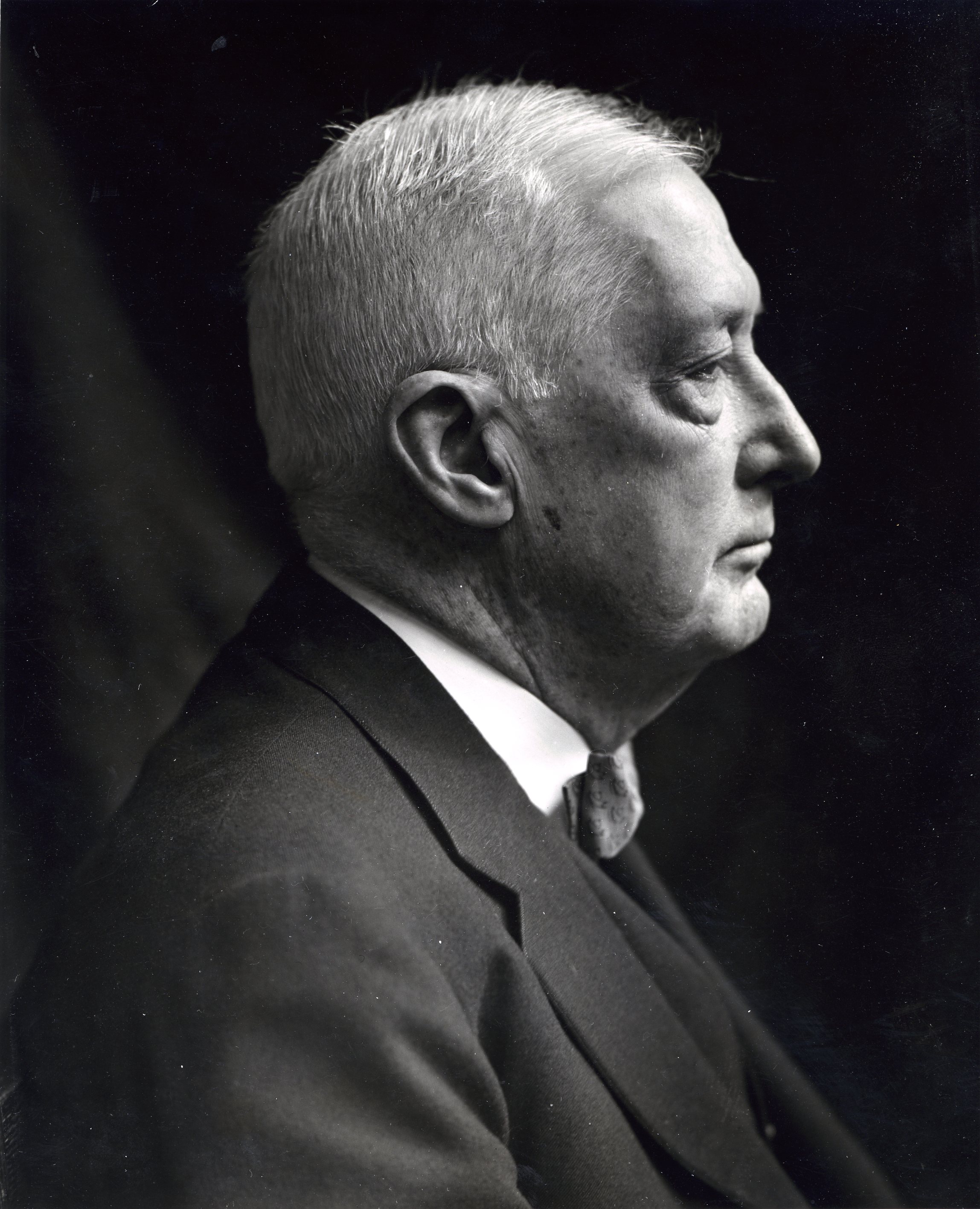 Henry deForest BaldwinLawyerCenturion, 1905–1947
Henry deForest BaldwinLawyerCenturion, 1905–1947 -
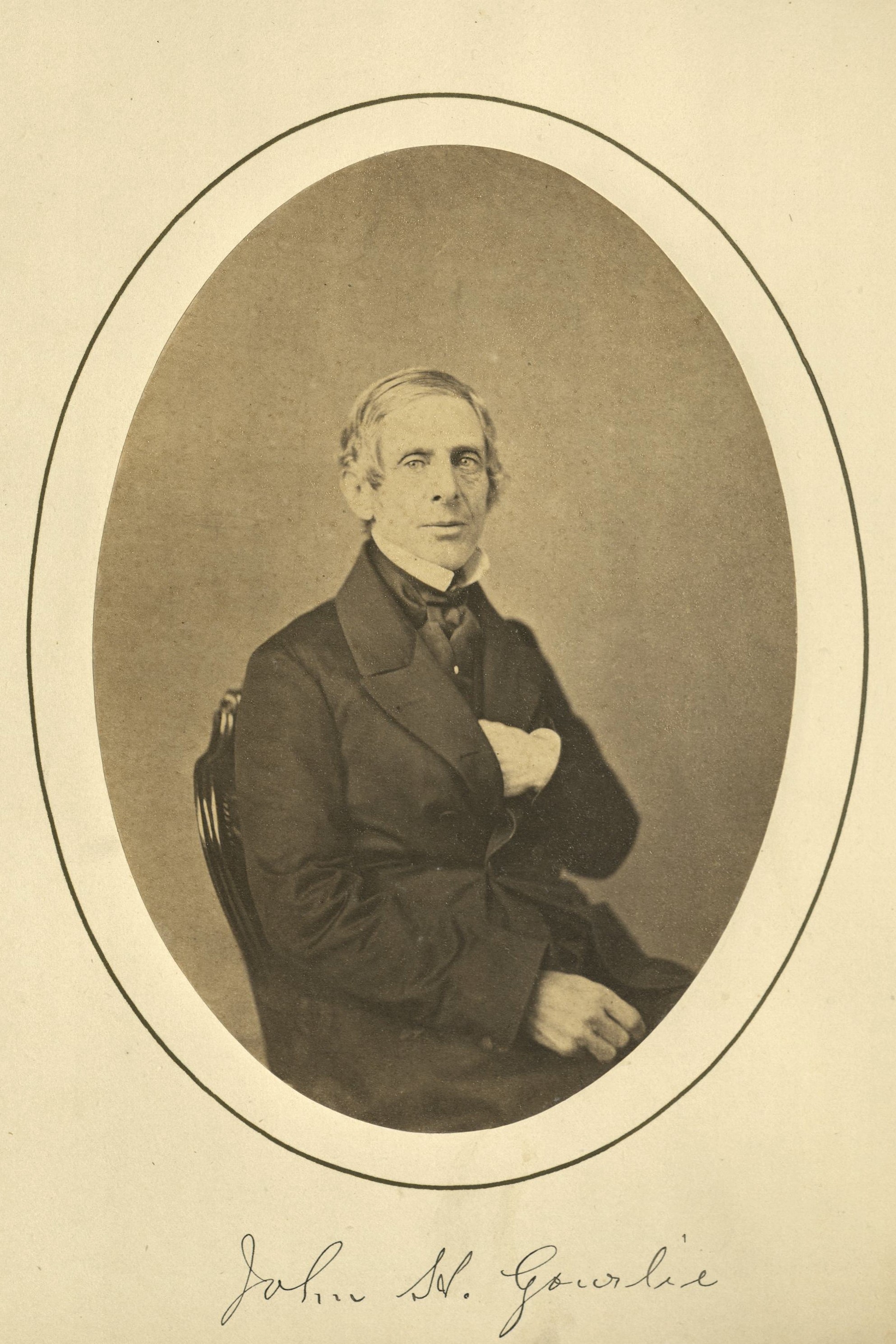 John H. GourlieStockbroker/Civic AffairsCenturion, 1847–1891
John H. GourlieStockbroker/Civic AffairsCenturion, 1847–1891 -
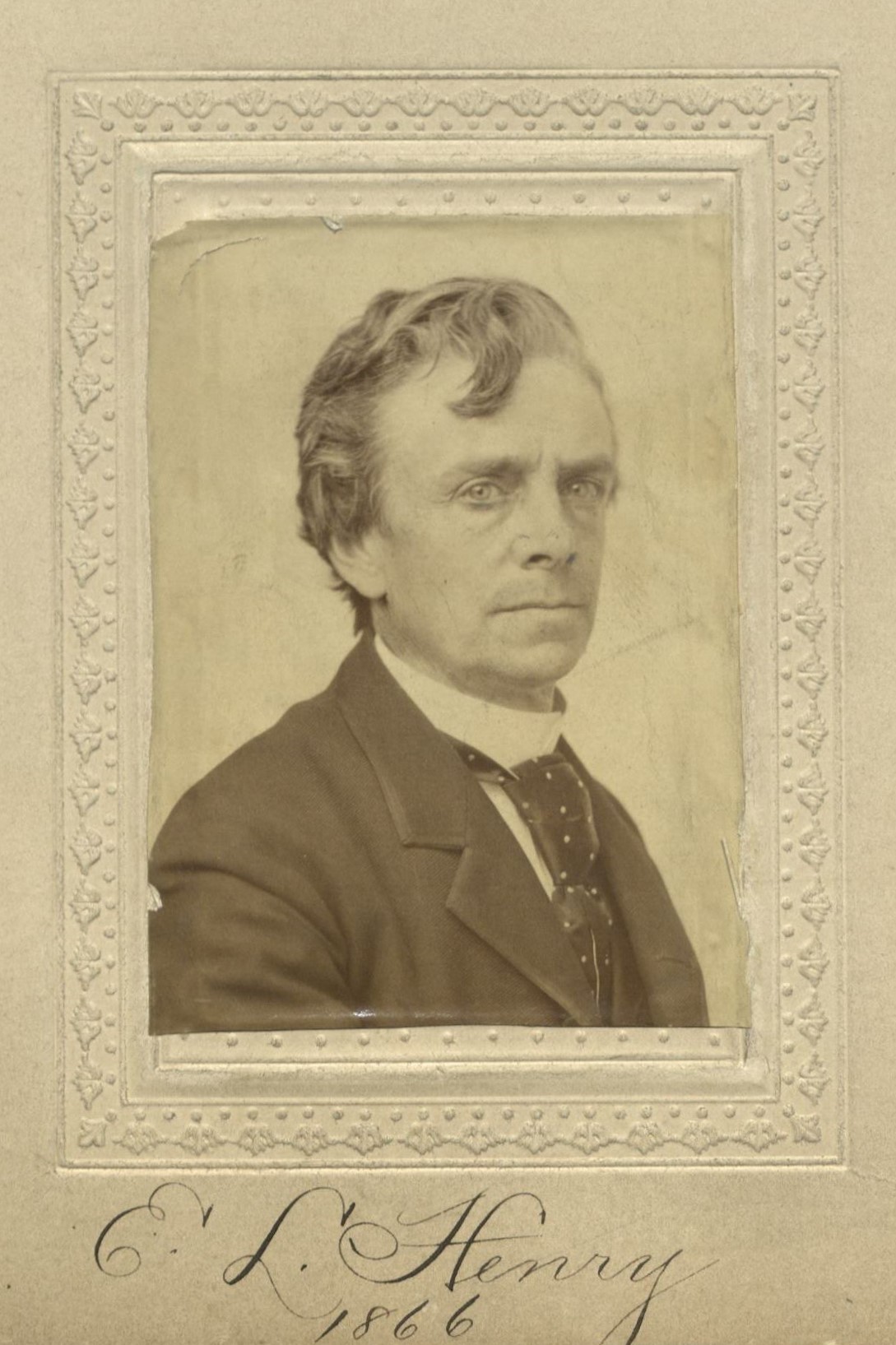 Edward L. HenryArtistCenturion, 1866–1919
Edward L. HenryArtistCenturion, 1866–1919 -
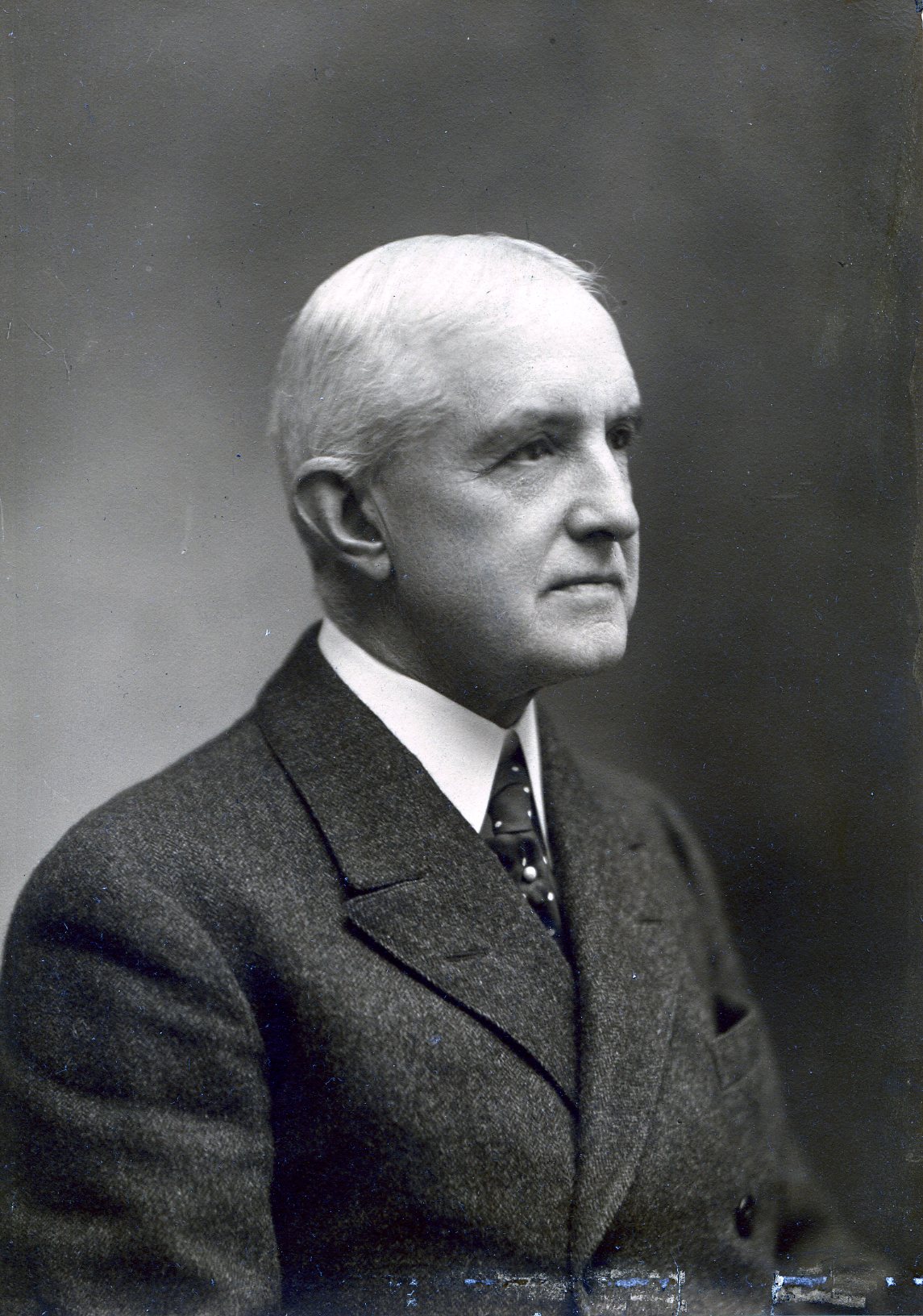 Rudolph Hermann KisselBankerCenturion, 1892–1942
Rudolph Hermann KisselBankerCenturion, 1892–1942 -
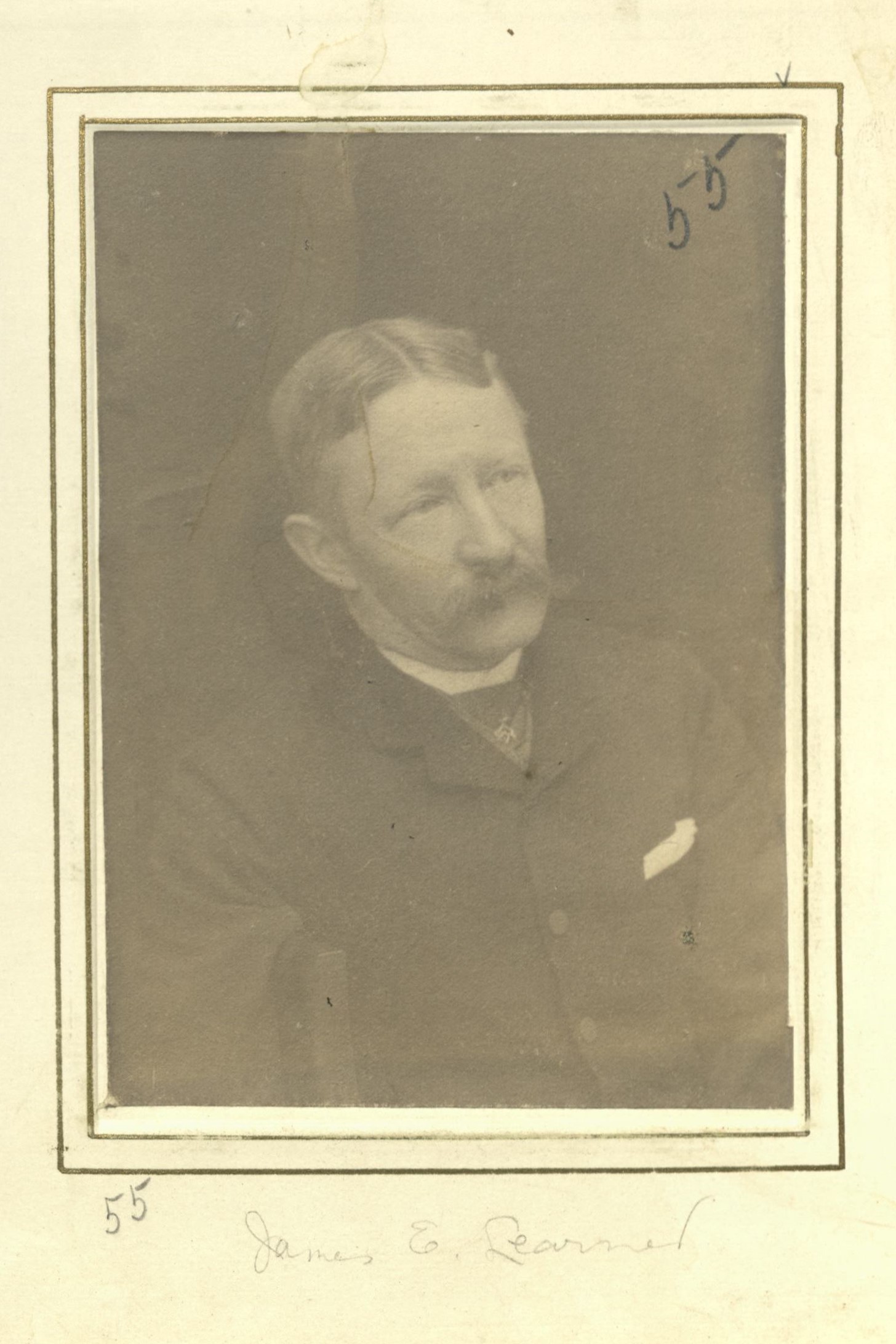 James E. LearnedEditorCenturion, 1892–1902
James E. LearnedEditorCenturion, 1892–1902 -
 Charles PryerLiterary AmateurCenturion, 1895–1916
Charles PryerLiterary AmateurCenturion, 1895–1916 -
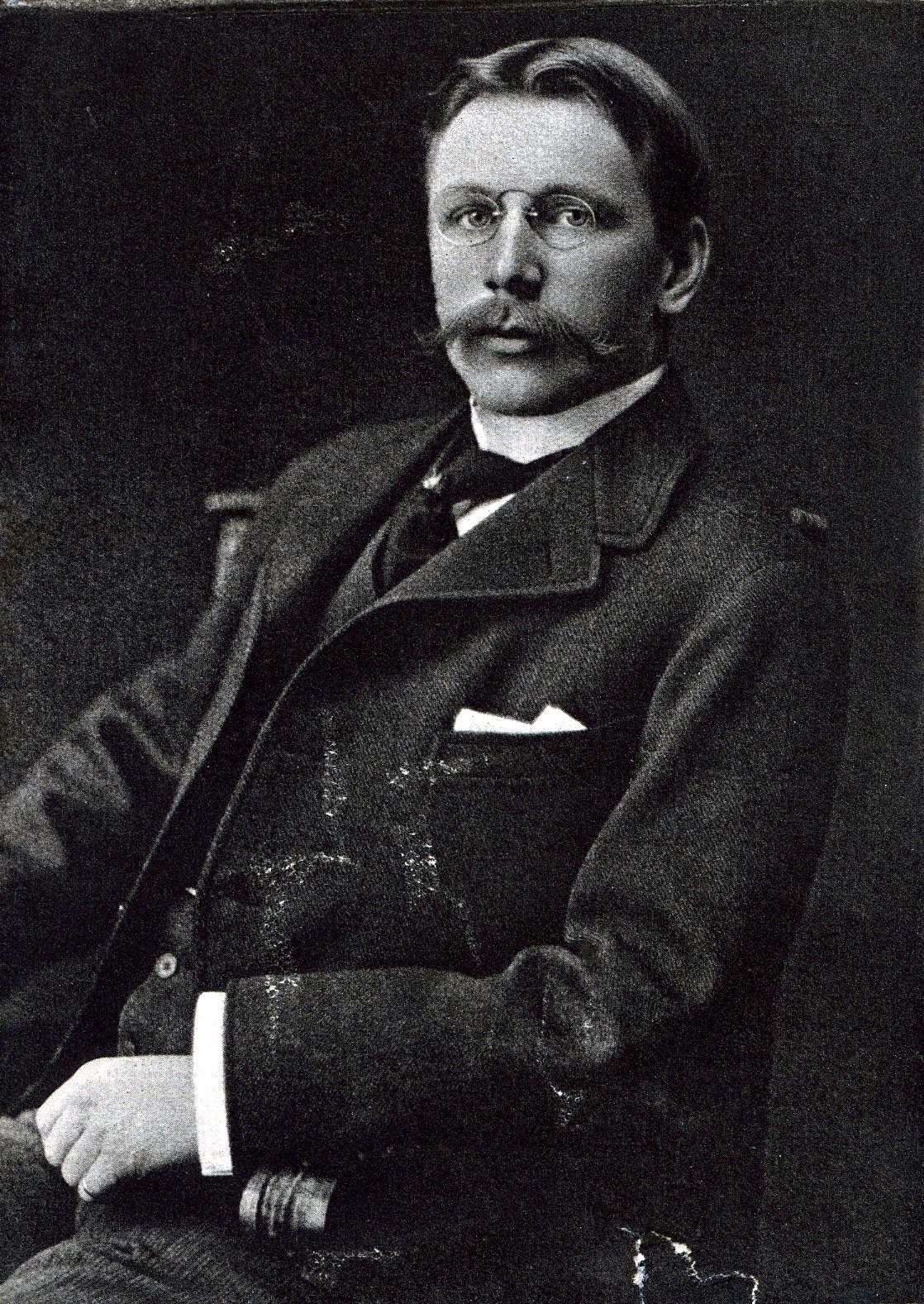 Howard Caswell SmithMerchantCenturion, 1911–1932
Howard Caswell SmithMerchantCenturion, 1911–1932 -
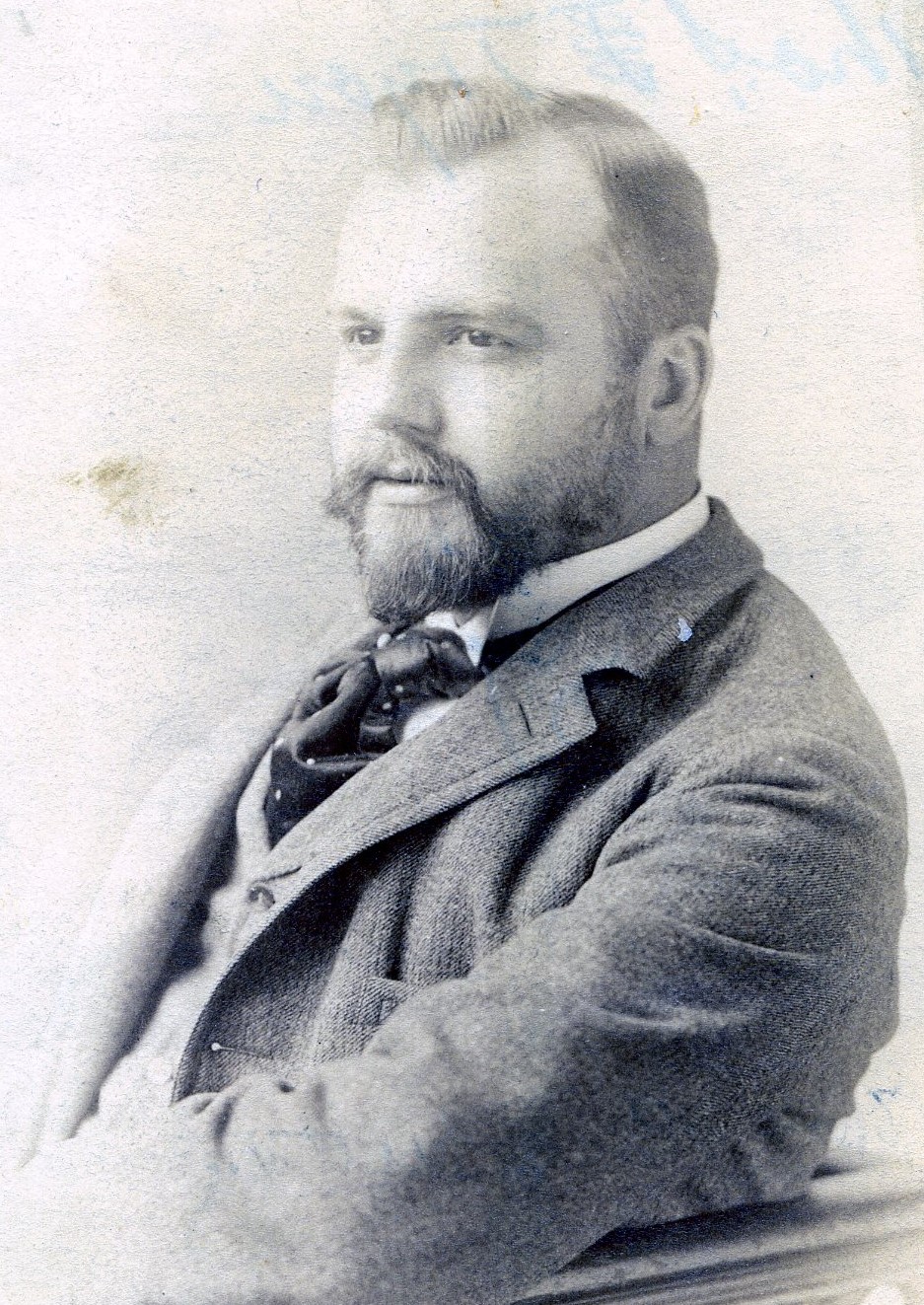 Thomas TryonArchitectCenturion, 1893–1920
Thomas TryonArchitectCenturion, 1893–1920







